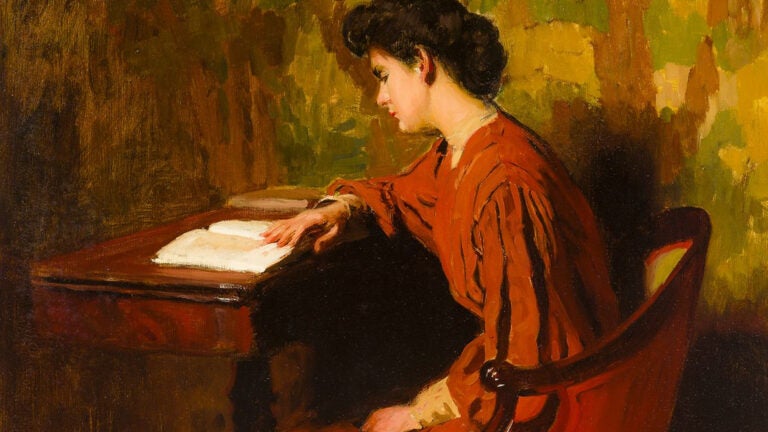
The pleasure of finding community in a book
Mary Shelley’s novel Frankenstein is one of the loneliest books I know. Maybe this is why I kept reading and re-reading it as a lonely child. The creature’s isolation, and quest for companionship, drive the novel, and as a child reader I empathized with both. “I am alone and miserable,” states the creature to his creator, since in his loneliness he has finally tracked down Victor to demand a mate.
This same desire for companionship seems true for many of Shelley’s other characters, too. “I have no friend, Margaret,” announces the sailor-narrator Walton in the novel’s opening pages. “We are unfashioned creatures, but half made up,” agrees Victor, listening to Walton’s lament. “To be friendless is indeed to be unfortunate,” says the blind DeLacey to the creature, speaking from his own experience of exile, though he knows not to whom he speaks.
As a lonely reader, I found this theme of loneliness to propel the plot. It was the emptiness or lack that narrative promised to fill. It was the problem that characters, and myself, were ostensibly trying to resolve. And it was the experience that I probably felt I could offset by reading, either by learning from the characters’ actions or by distracting myself temporarily from what I felt.
Yet these days, I also wonder if I was also drawn to this book for the ways in which many of these lonely characters work to keep themselves alone. Walton announces on the first pages that he has no friends, then immediately sets out on an expedition to the uninhabited north pole. Victor throws himself into work to fill up with intellectual activity the crevices left empty of human interaction, though in doing so, he withdraws himself from human interaction and thereby makes for himself more crevices to fill. “I’d just really rather stay home and finish reading my book,” I’d announce regularly to my parents throughout my pre-adolescence, myself an allegedly lonely school-aged kid.
Read the full article on Lithub >>